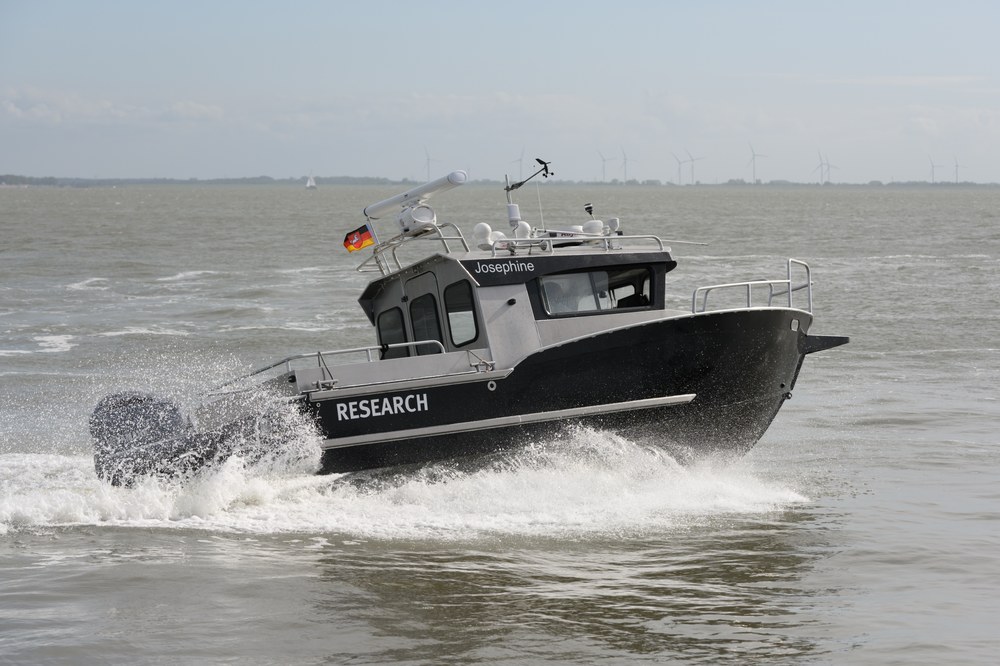Department: Safe Automation Maritime Systems

The Safe Automation Maritime Systems (SAM) department uses system engineering methods and tools to develop assistance and automation solutions in specific applications and tests them in eMIR (https://emaritime.de/) with the help of simulation technologies and on the institute's physical test fields in the German Bight, the ports of Lower Saxony and the Elbe reference waterway.
The research questions here focus in particular on the design and application of innovative safeguarding and approval methods. These are used along the DevOps cycle during development and also during runtime to check the extent to which a system of systems, individual systems or specific system functions meet the requirements (verification) and can be achieved in the intended area of application (validation). These methods are becoming highly relevant with the increasing use of artificial intelligence methods for environment perception and automated control of maritime systems, as they can only be checked to a limited extent using conventional functional safety methods.
Team: Automated Shipping & Ports
The "Automated Shipping & Ports" team operates two fully automated and remotely controllable research boats and several ship handling simulators in various stages of development: Bridge systems integrated into suitcases and two complete bridges integrated into sea containers allow the testing of innovative assistance and automation functions at sea and function here as a second bridge on ocean-going vessels (e.g. the DENEB and the ATAIR). Stationary simulators continue to be operated in the Institute's laboratories and in the joint research laboratory at the Federal Maritime and Hydrographic Agency in the form of a complete training simulator.
Team: Maritime Traffic Management
The Maritime Traffic Management team monitors maritime traffic on the North Sea and Baltic Sea. It researches solutions for intelligent traffic management in order to coordinate traffic more easily, safely, efficiently and in a resource-saving manner in times of climate change and increasing automation. To this end, the team operates its own observation stations along the German Bight, the Elbe and the ports of Lower Saxony and cooperates with the Federal Waterways Engineering and Research Institute. The team also operates a VTS laboratory in which traffic data from the German coast is collected and develops algorithms to identify anomalies that can support the work of the police, customs authorities and the Central Command for Maritime Emergencies.
Both teams are involved in the standardization of maritime data models at the IALA and of maritime services, particularly as part of the Maritime Connectivity Platform consortium, and are also represented in national committees such as the Innovation Management and Maritime Safety expert groups of the Maritime Cluster of Northern Germany, the BinSmart network and the DGON.
